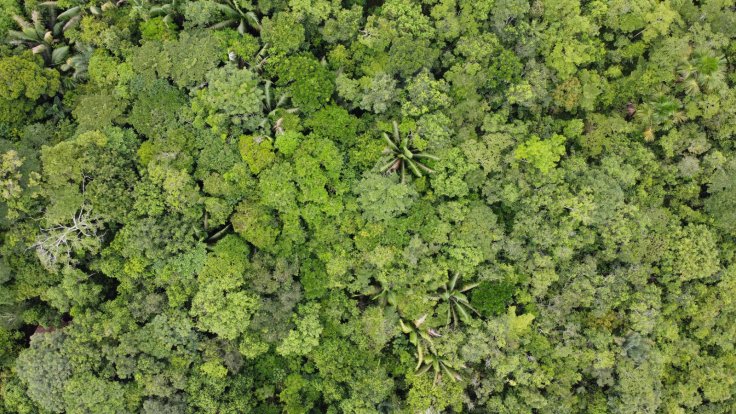The "Man of the Hole" who was the last member of the mysterious Tanaru Indigenous Territory in the western Amazon state of Rondonia, has been found dead. Its believed that he died of natural causes. His tribe was massacred in attacks by gunmen hired by colonists and ranchers dating as far as the 1970s.
The last man
Fiona Watson, research and advocacy director at Survival International, said the last man is being upheld as a symbol of genocide and resilience of his people as he had resisted attempts of contact and had made it clear that he wanted to be left alone.
As such, activists want his land to be preserved as a reminder of both. Watson said no one knew the man's name, or knew much about his tribe. She highlighted that with his death, the genocide of his people is complete.
Survival International believes this was indeed a genocide the deliberate wiping out of an entire people by cattle ranchers who were greedy for land and wealth. Watson says the world can only imagine the horrors that the man witnessed in his life, and the loneliness of his existence after the rest of his tribe were killed.
Funai gave up contacting him
Brazil's Indigenous Affairs – Funai revealed that only seven tribe members remained in the early 1990s. Six members were killed by illegal miners in 1995. Funai realized the Man of the Hole was still alive and kept a close eye on him. Brazilian officials, in 1998, severely restricted access to his land in order to protect him from further harm.
Funai found cartridge shells on his land in 2009. It also found signs of damage to a Funai post where agents had been occasionally stationed to protect the man. The Brazilian Indigenous Affairs eventually decided to leave him alone as he showed no signs of wanting to be helped.

A Funai official, as per various reports, found the man's body in a state of decomposition with colourful feathers placed around it. This shows that the man had prepared for death. The Funai official believes the man may have been aged around 60.
Now that he is no more, global organizations like Survival International, the Observatory for the Human Rights of Uncontacted and Recently-Contacted Peoples are demanding permanent protection of the Tanaru Indigenous Territory. It is actually a small island of forest in a sea of vast cattle ranches, in one of the most violent regions in Brazil.
Watson said if the Brazilian President Jair Bolsonaro and his agribusiness allies have their way, there could be more of such stories repeating over and over again until the whole country's Indigenous peoples are wiped out. She pointed out that the Indigenous movement in Brazil and Survival International will do everything possible to make sure that it doesn't happen.









